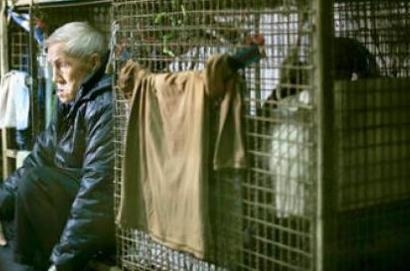
Poor becoming poorer in Hong Kong
The Gini coefficient measuring income inequality hit a record 0.537 in 2011.
It's the worst since records began in 1971 and is worsening.
The Gini coefficient stood at 0.525 in 2001, said the Census and Statistics Department. A Gini coefficient of zero expresses perfect equality while a Gini coefficient of one expresses maximal inequality
The worsening gap between the poor and the rich is leading to speculation the government today might boost spending on the poor and elderly in its first budget under Chief Executive Leung Chun-ying. It is also expected that the new budget will probably reduce one-off measures.
“The wealth disparity is the most pressing issue,” said Jennifer Wong of KPMG China. “Resources should be spent on redistributing wealth through measures such as tackling youth unemployment and enhancing welfare coverage.”
In his first policy address last month, Leung promised to boost the supply of housing and provide more care for the elderly. Scandalous media photos and stories of Hong Kong’s poorest living in wire mesh cages like chickens illustrate the plight of the city’s growing poor.
Media reports speculate the new budget might include putting more than HK$10 billion into the city’s Community Care Fund to help the underprivileged
An economist, however, noted Leung still has a long way to go since of his pledges during the election don’t look to be fulfilled soon. He said the government needs to spend more to tackle the deep-rooted issues in Hong Kong such as the wealth disparity.
Hong Kong has the world’s highest shop rents, the world’s most expensive apartments and the world’s second-most expensive place to rent office space.
“The property market bubble risks have only increased and not decreased,” said Hong Kong Financial Secretary John Tsang.






















 Advertise
Advertise







